
Muyenga: The Hill of Tranquility and Vibrance
Muyenga, often referred to as the 'Beverly Hills of Kampala,' is a captivating blend of tranquility and vibrant urban life. Situated atop a scenic hill, this neighborhood offers breathtaking panoramic views of Uganda's bustling capital city. It's a perfect escape for those looking to experience the best of both worlds – serene natural beauty and modern conveniences. Muyenga is known for its lush greenery, with tree-lined streets and well-manicured gardens that provide a refreshing contrast to the urban hustle. The area is dotted with elegant villas and upscale residences, giving it a sophisticated yet relaxed atmosphere. Visitors can enjoy leisurely walks or jogs along the quiet roads, soaking in the serene environment that Muyenga is famous for. The neighborhood is also a hotspot for dining and nightlife. You will find an array of restaurants offering both local and international cuisines, catering to diverse palates. The vibrant nightlife scene features trendy bars and lounges where you can unwind with a cocktail while enjoying live music or DJ sets. For those interested in shopping, Muyenga hosts several boutiques and shops offering unique Ugandan crafts and souvenirs. Muyenga's strategic location makes it an ideal base for exploring Kampala. It's just a short drive away from key attractions like the Uganda National Museum, the bustling Owino Market, and the serene shores of Lake Victoria. Whether you're looking to explore cultural landmarks or simply relax in a picturesque setting, Muyenga offers an unforgettable experience for every traveler.
Local tips in Muyenga
- Visit the top of Muyenga Hill for stunning panoramic views of Kampala, especially during sunrise or sunset.
- Try local Ugandan dishes at one of the area’s many restaurants to get a taste of the regional cuisine.
- Make sure to pack comfortable walking shoes as the hilly terrain can be quite steep.
- Check out the local boutiques for unique crafts and souvenirs to take back home.
- Use Muyenga as a base to explore nearby attractions like Lake Victoria and the Uganda National Museum.
Muyenga: The Hill of Tranquility and Vibrance
Muyenga, often referred to as the 'Beverly Hills of Kampala,' is a captivating blend of tranquility and vibrant urban life. Situated atop a scenic hill, this neighborhood offers breathtaking panoramic views of Uganda's bustling capital city. It's a perfect escape for those looking to experience the best of both worlds – serene natural beauty and modern conveniences. Muyenga is known for its lush greenery, with tree-lined streets and well-manicured gardens that provide a refreshing contrast to the urban hustle. The area is dotted with elegant villas and upscale residences, giving it a sophisticated yet relaxed atmosphere. Visitors can enjoy leisurely walks or jogs along the quiet roads, soaking in the serene environment that Muyenga is famous for. The neighborhood is also a hotspot for dining and nightlife. You will find an array of restaurants offering both local and international cuisines, catering to diverse palates. The vibrant nightlife scene features trendy bars and lounges where you can unwind with a cocktail while enjoying live music or DJ sets. For those interested in shopping, Muyenga hosts several boutiques and shops offering unique Ugandan crafts and souvenirs. Muyenga's strategic location makes it an ideal base for exploring Kampala. It's just a short drive away from key attractions like the Uganda National Museum, the bustling Owino Market, and the serene shores of Lake Victoria. Whether you're looking to explore cultural landmarks or simply relax in a picturesque setting, Muyenga offers an unforgettable experience for every traveler.
Iconic landmarks you can’t miss
Kabaka's Palace
Experience the rich history and breathtaking architecture of Kabaka's Palace, the royal residence of the Buganda Kingdom in the heart of Kampala.
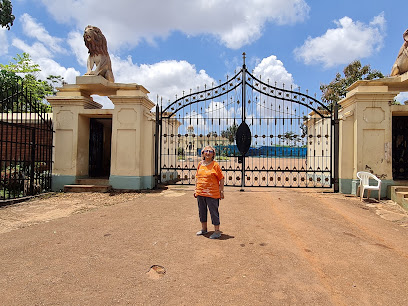
Kampala Forest Resort (KFR Lodge)
Discover tranquility and comfort at Kampala Forest Resort, a charming lodge offering nature-inspired accommodations and delightful dining in Uganda.

Endiro Coffee
Discover the vibrant atmosphere of Endiro Coffee in Kampala, where local flavors meet international coffee culture in a cozy setting.
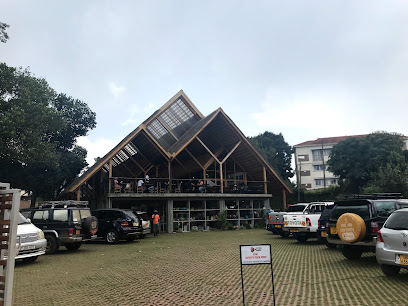
Independence Monument
Explore the Independence Monument in Kampala, a symbol of Uganda's freedom and a must-see for tourists seeking cultural insights.
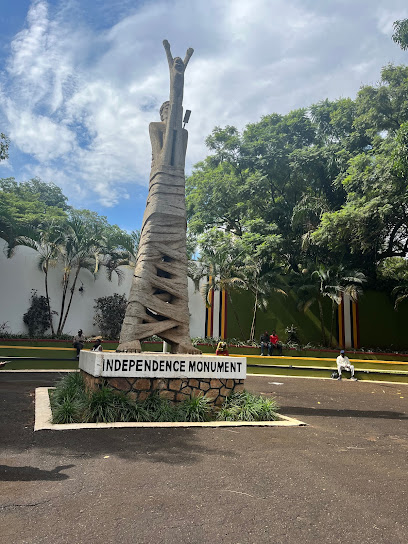
Afro Park Hotel Muyenga
Discover comfort and serenity at Afro Park Hotel Muyenga, your ideal getaway in the heart of Kampala, Uganda, surrounded by lush gardens and vibrant culture.
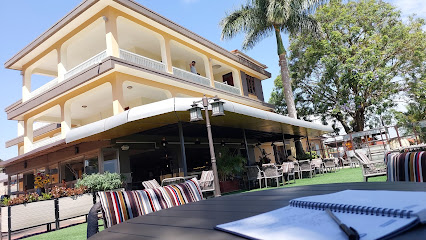
La Foret Muyenga Resort Gardens
Experience the serene beauty and comfort of La Foret Muyenga Resort Gardens, a perfect getaway in Kampala's lush greenery.
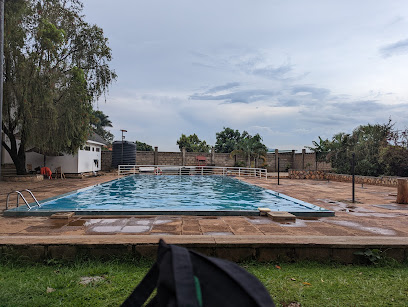
Landmark View Hotel (Mandalay)
Discover the perfect blend of luxury and comfort at Landmark View Hotel in Mandalay, a gateway to Myanmar's rich culture and history.

Urban Chevre
Discover Urban Chevre, Kampala's vibrant café offering delicious food, a cozy atmosphere, and stunning rooftop views for a memorable experience.
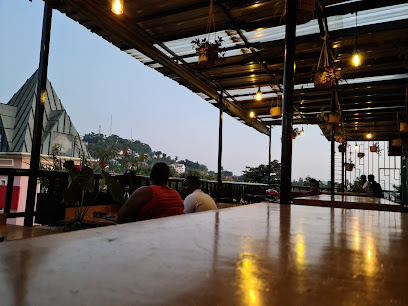
Milli London, Muyenga
Discover the culinary delights of Uganda at Milli London in Muyenga, where vibrant flavors and local ingredients create unforgettable dining experiences.
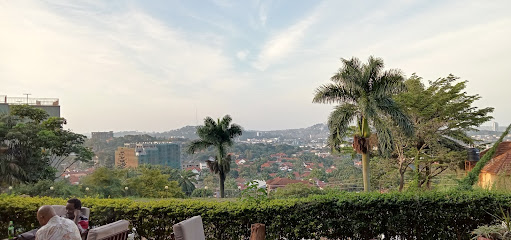
Shangri-la Hotel Muyenga
Experience the luxury of Shangri-La Hotel Muyenga, your perfect getaway in Kampala with stunning views and exceptional service.

Cafe Kawa
Experience the essence of Uganda at Cafe Kawa, a delightful coffee shop in Kampala offering a cozy atmosphere and exceptional local flavors.
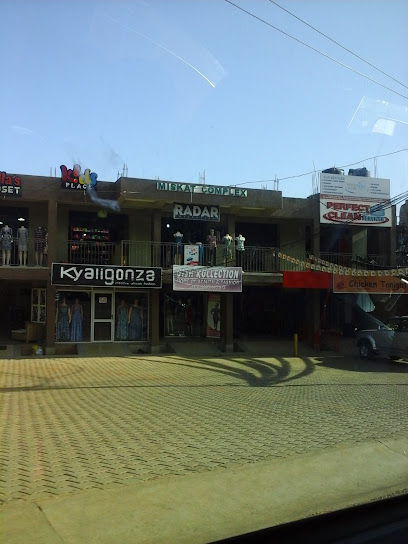
Afro Park Muyenga
Discover peace and rejuvenation at Afro Park Muyenga, Kampala's premier spa and health club for travelers seeking relaxation and wellness.
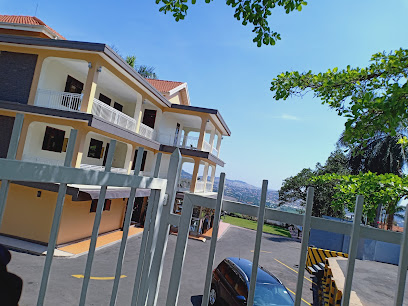
Kaazi Scout National Camping Ground
Discover the beauty of nature at Kaazi Scout National Camping Ground, an ideal retreat for camping, hiking, and outdoor adventures near Kampala.
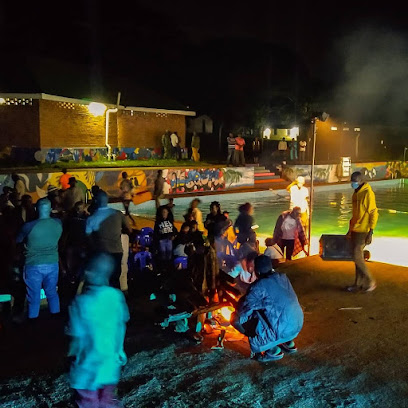
Cycle Tours Uganda
Explore Kampala's rich culture and stunning landscapes on two wheels with Cycle Tours Uganda, your premier cycling adventure provider.
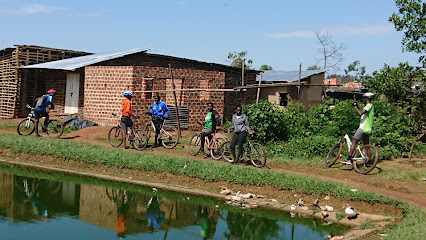
Here in Uganda
Explore the heart of Uganda with insider tips and resources at Here in Uganda, your essential travel companion in Kampala.
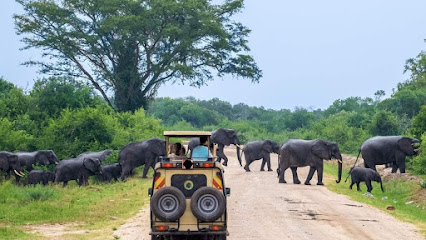
Unmissable attractions to see
Centenary Park Kampala
Discover the tranquility of Centenary Park in Kampala, a lush urban oasis perfect for relaxation, picnics, and family outings amidst vibrant nature.
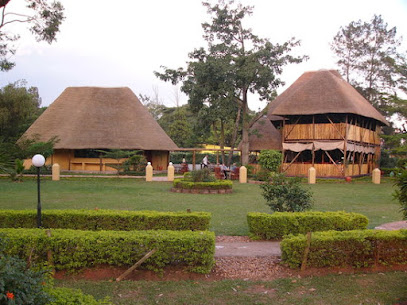
Uganda Museum
Explore Uganda's rich heritage at the Uganda Museum, where history and culture come alive through captivating exhibits and traditional performances.
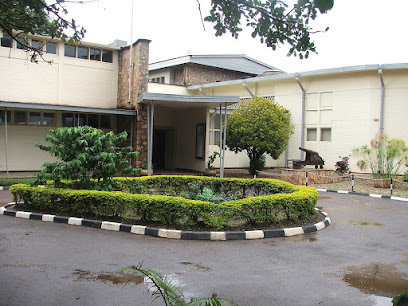
Kabaka's Palace
Discover the heart of Buganda culture at Kabaka's Palace, an iconic landmark in Kampala that offers a deep dive into Uganda's royal heritage.
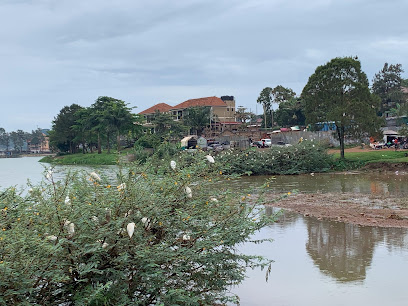
Independence Monument
Discover the Independence Monument in Kampala, a captivating tribute to Uganda's history and a must-visit landmark for every traveler.
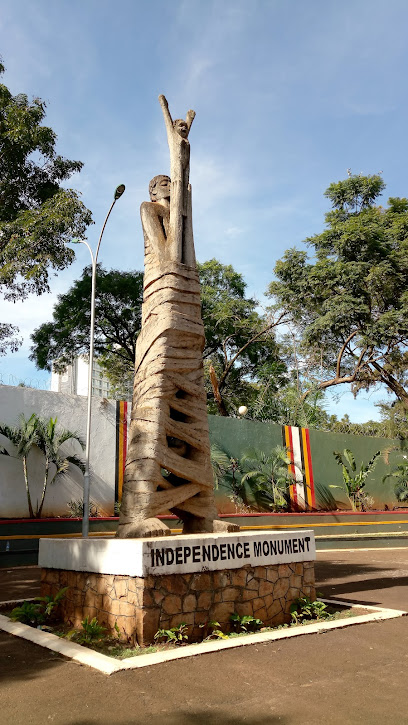
Afriart Gallery
Explore the heart of contemporary Ugandan art at Afriart Gallery, a vibrant cultural hub in Kampala showcasing local talent and creativity.
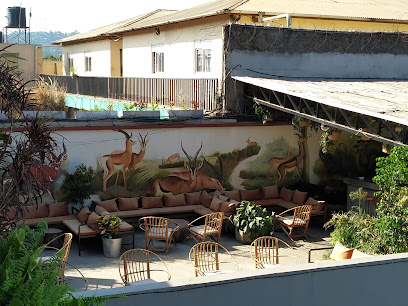
Kagulu Rock
Explore Kagulu Rock, a stunning natural attraction in Uganda offering breathtaking views and enriching cultural experiences for all travelers.

Grandlight
Explore Grandlight Park: A tranquil escape in Kampala, blending nature, leisure, and cultural experiences for an unforgettable visit.

Essential places to dine
Caffè Roma l'originale: Hotel, Italian Restaurant & Pizzeria
Experience authentic Italian cuisine and warm Ugandan hospitality at Caffè Roma l'originale in Kampala.
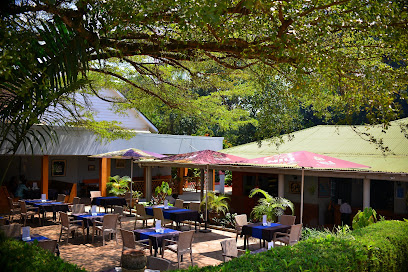
YAMASEN Japanese Restaurant
Savor authentic Japanese flavors at YAMASEN Restaurant in Kampala—where tradition meets modern culinary excellence.
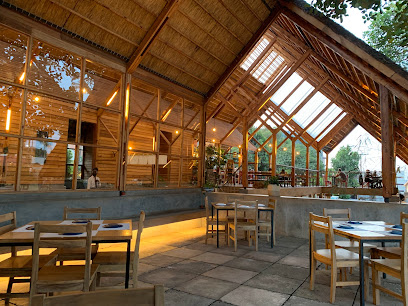
Il Paradiso Restaurant
Discover the authentic flavors of Ethiopia at Il Paradiso Restaurant in Kampala – where every dish tells a story.
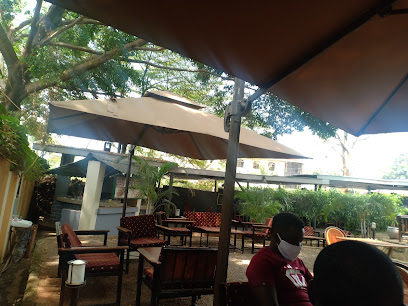
Golden Hill Restaurant & Lounge
Experience the fusion of Ugandan tradition and international cuisine at Golden Hill Restaurant & Lounge in Kampala.
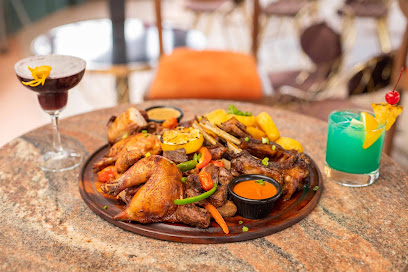
The DROP Kampala
Discover the unique culinary landscape at The DROP Kampala - where local flavors meet modern dining in a vibrant atmosphere.
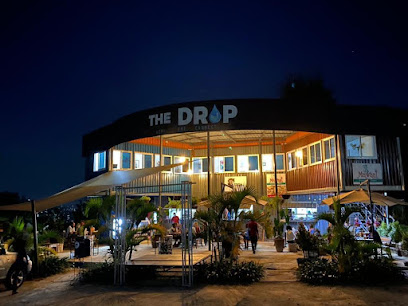
Milli London, Muyenga
Explore diverse flavors at Milli London in Muyenga—where culinary artistry meets warm hospitality in the heart of Kampala.
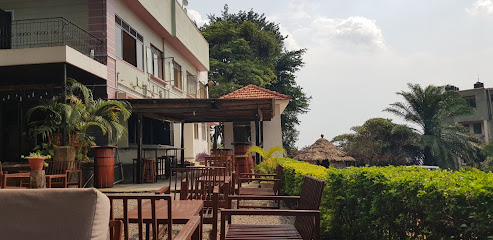
Gloria Restaurant
Experience authentic Ugandan cuisine at Gloria Restaurant in Kampala – where every dish tells a story.
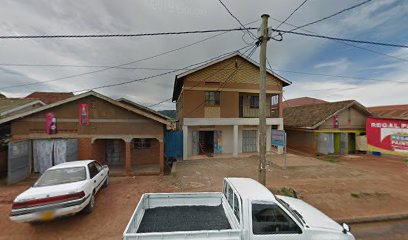
Premier Restaurant and Guest House
Discover authentic Ugandan cuisine and warm hospitality at Premier Restaurant and Guest House in Kampala.
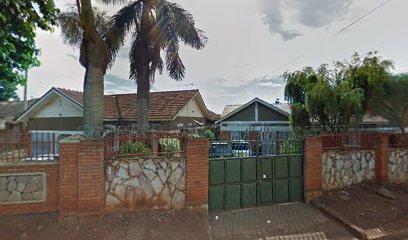
The Red Onion
Discover the culinary delights at The Red Onion in Kampala – where local flavors meet international cuisine in a vibrant setting.
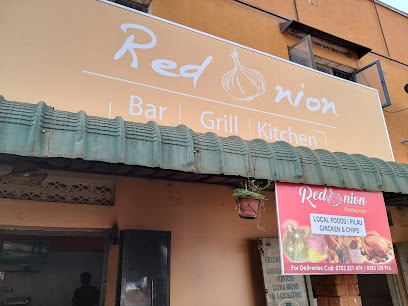
Aerial Cafè & Restaurant
Discover the exquisite flavors of Uganda at Aerial Cafè & Restaurant in Kampala, offering stunning views and a delightful culinary journey.
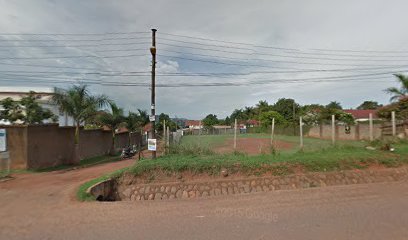
Markets, malls and hidden boutiques
Baby Step Boutique
Explore unique baby clothing at Baby Step Boutique in Kampala, where style meets comfort for your little ones.
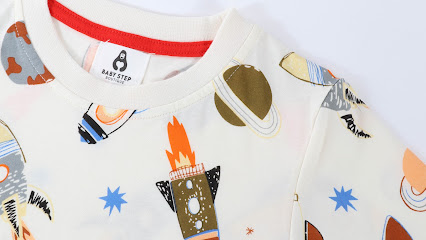
Regmat Boutique and Mini Supermarket
Discover unique fashion and local products at Regmat Boutique and Mini Supermarket in Kampala, a perfect blend of style and culture.
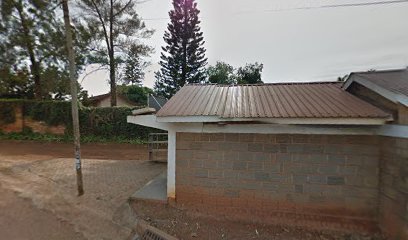
Katunda
Uncover unique home decor and handcrafted treasures at Katunda, a hidden gem in Kampala's shopping scene.
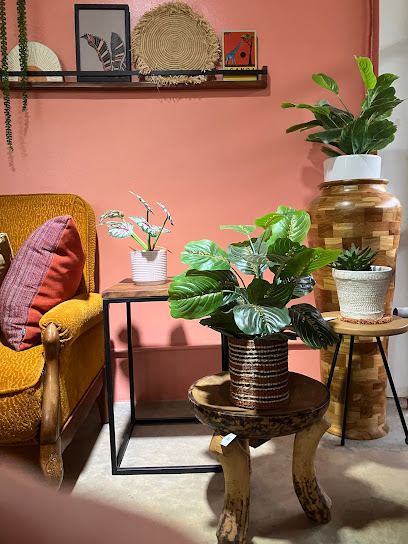
Eshcol Boutique shop
Explore the vibrant Ugandan culture through unique fashion and handcrafted items at Eshcol Boutique Shop in Kampala.
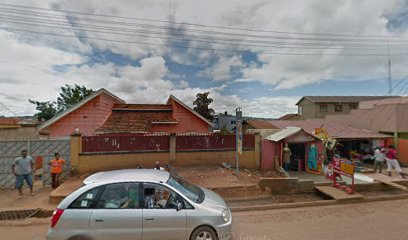
Kongoloko Shop
Explore the vibrant Kongoloko Shop in Muyenga, Kampala - a treasure trove of local crafts and unique finds in a charming general store.
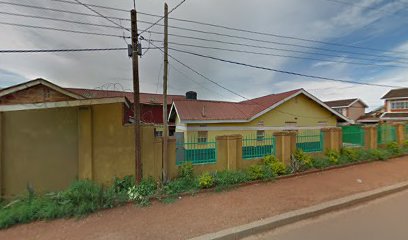
Luxury Concepts
Discover Uganda's rich culture through authentic handcrafted items at Luxury Concepts, the premier craft store in Kampala.
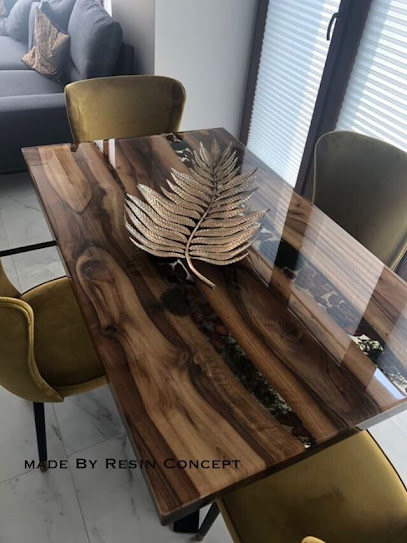
Ivory Castle
Explore Ivory Castle in Kampala for a unique boutique shopping experience that showcases local craftsmanship and Ugandan culture.
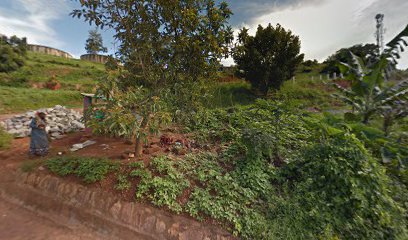
Lavi-Shop
Explore unique Ugandan fashion accessories at Lavi-Shop in Muyenga, Kampala, where style meets tradition in every piece.
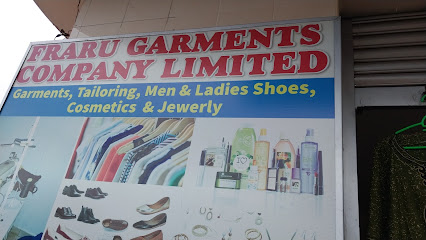
Diza Collection
Discover the vibrant fashion scene at Diza Collection, Kampala's ultimate destination for authentic Ugandan clothing and stylish souvenirs.
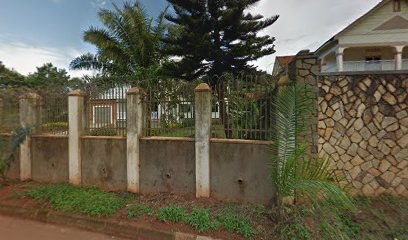
Phiona'S Boutique
Discover unique Ugandan crafts and fashion at Phiona's Boutique, a charming general store in the heart of Kampala offering authentic local treasures.
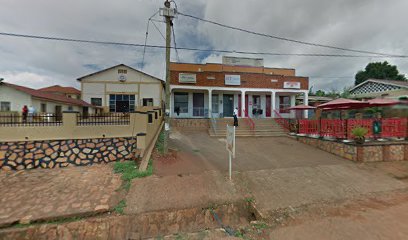
Essential bars & hidden hideouts
Horus Lounge Ug
Discover the vibrant taste of Uganda at Horus Lounge, a top grill destination in Kampala offering delicious food in a relaxed atmosphere.
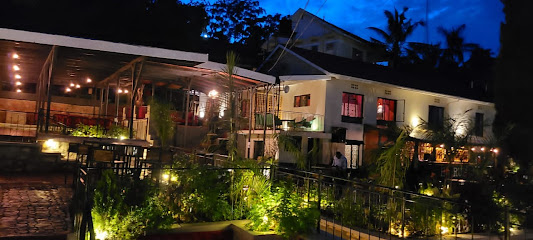
The Cocktail Mixologist Uganda
Experience the finest cocktails in Kampala at The Cocktail Mixologist Uganda, where every drink is a masterpiece crafted by expert mixologists.
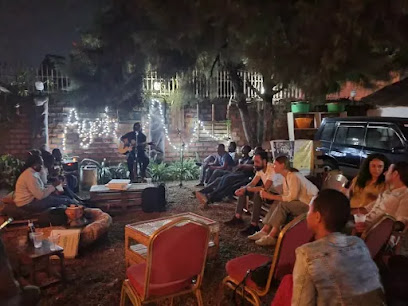
Mahiki Kampala
Experience the vibrant flavors of Ugandan cuisine at Mahiki Kampala, a lively grill bar in the heart of the city, perfect for visitors and locals alike.
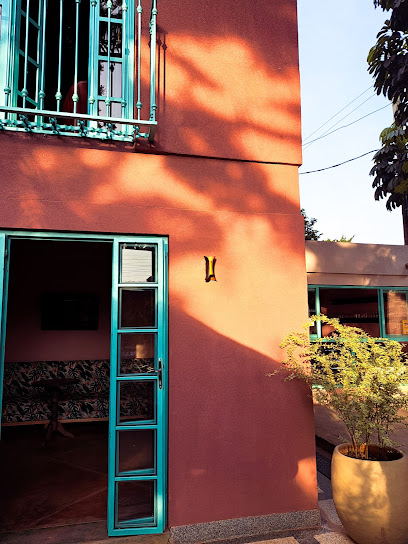
Merhaba Bar and Restaurant
Discover Merhaba Bar and Restaurant, where Ugandan flavors meet vibrant nightlife in the heart of Kampala.
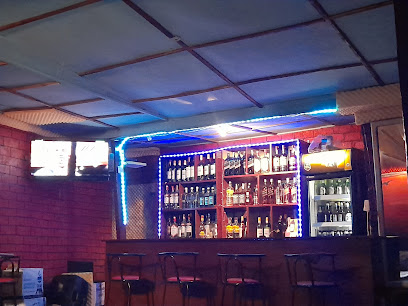
Terraces Bar & Restaurant
Discover the captivating views and culinary delights at Terraces Bar & Restaurant in Kampala, where every meal is a scenic experience.

The Woods
Experience the essence of Ugandan cuisine at The Woods, a premier grill restaurant in the heart of Kampala, perfect for all food lovers.

Rest Corner Bar & Lounge
Experience the vibrant heart of Kampala at Rest Corner Bar & Lounge, a perfect blend of local flavors and lively atmosphere.
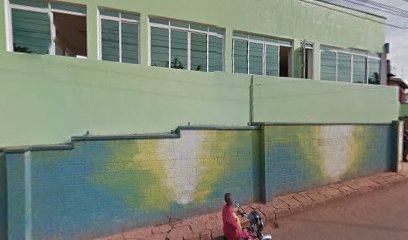
Dis & Dat Bar
Discover the lively Dis & Dat Bar in Kampala, where refreshing drinks and local culture come together for an unforgettable experience.
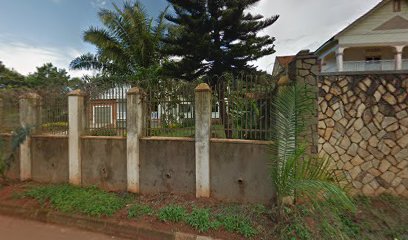
Magic Pub.Bar & Guest House.
Discover the vibrant atmosphere and delightful flavors at Magic Pub.Bar & Guest House in Kampala, the perfect spot for relaxation and local cuisine.

The Coconut Shack Restaurant And Bar
Experience the vibrant flavors of Uganda at The Coconut Shack Restaurant and Bar, a perfect blend of relaxation and tropical ambiance in Kampala.
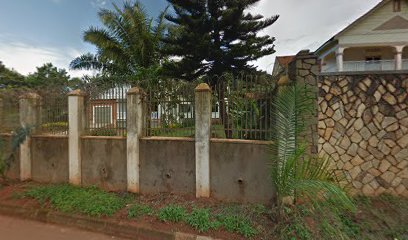
Local Phrases
-
- HelloOli otya
[oh-lee oh-cha] - GoodbyeWeeraba
[weh-rah-bah] - YesEego
[ee-go] - NoNedda
[neh-dah] - Please/You're welcomeNyweza
[nyweh-zah] - Thank youWebale
[weh-bah-leh] - Excuse me/SorryNsonyiwa
[nsoh-nee-wah] - How are you?Oli otya?
[oh-lee oh-cha?] - Fine. And you?Gyendi. Owekisa?
[gyen-dee. oh-weh-kee-sah?] - Do you speak English?Omanyi olungereza?
[oh-mahn-yee oh-loon-geh-reh-zah?] - I don't understandSindaba
[seen-dah-bah]
- HelloOli otya
-
- I'd like to see the menu, pleaseNjagala kuyita emenyu, nyweza
[nja-gah-lah koo-yee-tah eh-men-yoo, nyweh-zah] - I don't eat meatSiwonona emboga
[see-woh-noh-nah em-boh-gah] - Cheers!Tubagaliza!
[too-bah-gah-lee-zah] - I would like to pay, pleaseNjagala okugula, nyweza
[nja-gah-lah oh-koo-goo-lah, nyweh-zah]
- I'd like to see the menu, pleaseNjagala kuyita emenyu, nyweza
-
- Help!Wulira!
[woo-lee-rah] - Go away!Tunaaba
[too-nah-bah] - Call the Police!Tuyita poliisi!
[too-yee-tah poh-lee-see!] - Call a doctor!Tuyita daktari!
[too-yee-tah dahk-tah-ree!] - I'm lostNkwagala okuwuliriza
[nkwah-gah-lah oh-koo-woo-lee-ree-zah] - I'm illNkwiyeemu
[nkwih-yee-moo]
- Help!Wulira!
-
- I'd like to buy...Njagala okola...
[nja-gah-lah oh-koh-lah...] - I'm just lookingNkwagala okuzimba
[nkwah-gah-lah oh-koo-zim-bah] - How much is it?Birungi mubakolera?
[bee-roon-gee moo-bah-koh-leh-rah?] - That's too expensiveEbyo byebirala
[eh-byoh byeh-bee-rah-lah] - Can you lower the price?Owongereko birala?
[oh-won-geh-reh-koh bee-rah-lah?]
- I'd like to buy...Njagala okola...
-
- What time is it?Ssawa ng'omu?
[ssah-wah ng'oh-moo?] - It's one o'clockSsawa ettaano
[ssah-wah eh-tah-noh] - Half past (10)Ssawa esatu
[ssah-wah eh-sah-too] - MorningEkyaakye
[eh-kyah-kyeh] - AfternoonEkiro
[eh-kee-roh] - EveningOlujjala
[oh-loo-jjah-lah] - YesterdayKalera
[kah-leh-rah] - TodayLero
[leh-roh] - TomorrowLaba
[lah-bah] - 1Emu
[eh-moo] - 2Biri
[bee-ree] - 3Ssatu
[ssah-too] - 4Nnya
[nnyah] - 5Tano
[tah-noh] - 6Mukaaga
[moo-kah-gah] - 7Munaana
[moo-nah-nah] - 8Mwenda
[mwehn-dah] - 9Kikumi
[kee-koo-mee] - 10Kumi
[koo-mee]
- What time is it?Ssawa ng'omu?
-
- Where's a/the...?Wali wano...?
[wah-lee wah-noh...?] - What's the address?Yasooka emirimo?
[yah-soh-kah eh-mee-ree-moh?] - Can you show me (on the map)?Ogenda kundisa (mu mapu)?
[oh-gehn-dah koon-dee-sah (moo mah-poo)?] - When's the next (bus)?Omakya gaggawo (entale)?
[oh-mah-chah gah-gah-woh (ehn-tah-leh)?] - A ticket (to ....)Kitike (ku....)
[kee-tee-keh (koo....)]
- Where's a/the...?Wali wano...?
History of Muyenga
-
Muyenga, a suburb of Kampala, is historically significant as it was originally settled by the Baganda people. The name 'Muyenga' is derived from the Luganda word 'muyenga' which means 'the place of the water.' This reference highlights the area's proximity to natural water sources, which were crucial for the early inhabitants' agriculture and daily life.
-
During the colonial era, Muyenga saw an influx of European settlers who established homes and plantations in the area. The British colonial administration designated Muyenga as a residential area for expatriates, leading to the establishment of large estates. This period marked significant changes in land ownership and usage, influencing the cultural landscape of the neighborhood.
-
Following Uganda's independence in 1962, Muyenga experienced rapid urbanization. The neighborhood transformed from a primarily agricultural community to a bustling suburb with residential estates and commercial activities. This shift contributed to a more diverse cultural environment as people from various regions of Uganda moved to the area in search of opportunities.
-
Today, Muyenga is known for its vibrant cultural mix, reflecting the diverse ethnic backgrounds of its residents. Traditional Ugandan customs coexist with modern influences, as seen in local markets, restaurants, and community events. The neighborhood is characterized by its community spirit and is home to various cultural festivals that celebrate both local and national heritage.
-
In recent years, Muyenga has seen significant real estate development and gentrification, attracting affluent individuals and expatriates. This change has led to a rise in upscale amenities, including hotels, restaurants, and recreational facilities. However, it has also sparked discussions around preserving the neighborhood's cultural identity amidst modernization.
Muyenga Essentials
-
Muyenga is located approximately 7 kilometers south of Kampala's city center. To get there, you can take a taxi (matatu) from central Kampala, which is a popular and affordable option. The journey usually takes around 20-30 minutes depending on traffic. Alternatively, you can hire a private taxi, which may be more comfortable but will cost more. If you're coming from Entebbe International Airport, a taxi ride to Muyenga will take about an hour.
-
Muyenga is relatively small, making it easy to explore on foot. However, for longer distances, you can use local taxis (matatus) or boda bodas (motorcycle taxis), which are widely available. Boda bodas are a quick way to navigate through traffic but ensure you wear a helmet and negotiate the fare beforehand. Alternatively, some residents use bicycles for short trips, which can be rented in the area.
-
Muyenga is generally considered a safe neighborhood, but like any urban area, it is wise to exercise caution. Avoid walking alone at night, especially in poorly lit areas. Certain parts of Kampala, such as Kisenyi and the outskirts, have higher crime rates, particularly for petty theft and scams targeting tourists. Always keep your belongings secure and be mindful of your surroundings.
-
In case of emergency, dial 112 for police assistance, 999 for ambulance services, or visit the nearest hospital, such as the International Hospital Kampala. It's advisable to have travel insurance that covers medical emergencies. For minor health issues, local pharmacies are available for over-the-counter medications.
-
Fashion: Do dress modestly, especially in the presence of locals. Avoid overly revealing clothing. Religion: Do respect local customs, particularly when visiting religious sites. Public Transport: Do be polite and give up your seat to elderly passengers. Don't eat or drink on public transport. Greetings: Do greet people with a handshake and a smile. Don’t assume familiarity; use titles until invited to use first names. Eating & Drinking: Do try local cuisine and accept food offerings graciously. Don't waste food, as this is considered disrespectful.
-
To experience Muyenga like a local, consider visiting local markets for fresh produce and traditional Ugandan foods. Engage with residents, who are often welcoming and willing to share stories about their culture. Don’t miss the scenic views from the hills of Muyenga and take the time to explore local eateries for authentic Ugandan dishes. Joining community events or cultural gatherings can also provide deeper insights into the local lifestyle.
Trending Landmarks in Muyenga
-
Kabaka's Palace
-
Kampala Forest Resort (KFR Lodge)
-
Endiro Coffee
-
Independence Monument
-
Afro Park Hotel Muyenga
-
La Foret Muyenga Resort Gardens
-
Landmark View Hotel (Mandalay)
-
Urban Chevre
-
Milli London, Muyenga
-
Shangri-la Hotel Muyenga
-
Cafe Kawa
-
Afro Park Muyenga
-
Kaazi Scout National Camping Ground
-
Cycle Tours Uganda
-
Here in Uganda
Nearby Cities to Muyenga
-
Things To Do in Entebbe
-
Things To Do in Jinja
-
Things To Do in Masaka
-
Things To Do in Mbale
-
Things To Do in Bukoba
-
Things To Do in Lira
-
Things To Do in Mbarara
-
Things To Do in Kisumu
-
Things To Do in Fort Portal
-
Things To Do in Kitale
-
Things To Do in Gulu
-
Things To Do in Eldoret
-
Things To Do in Nyagatare
-
Things To Do in Mwanza
-
Things To Do in Arua







